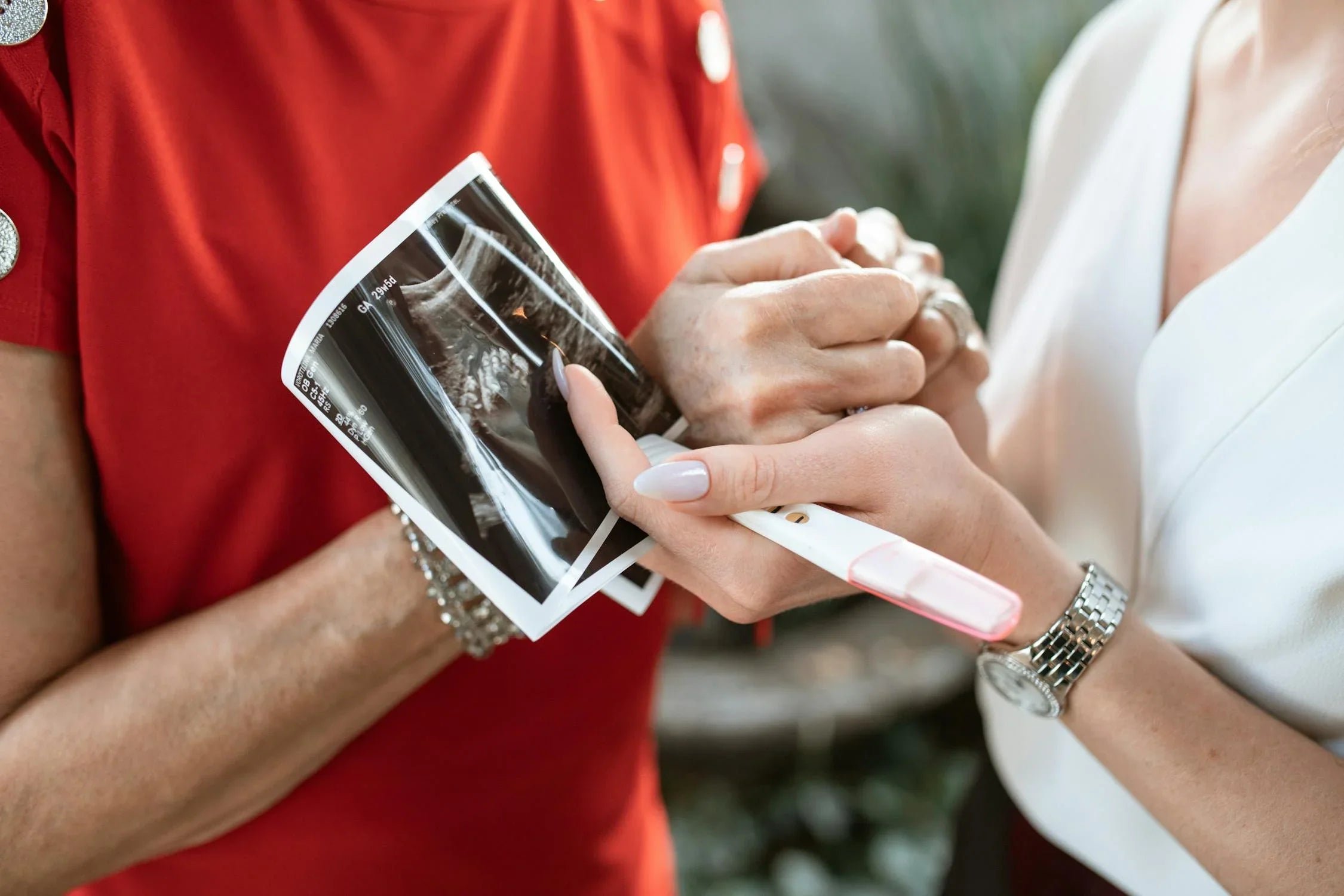Accueil
Pregnancy, Breastfeeding, and Pumping: The Ultimate Guide for Moms
Can I Take a Pregnancy Test 7 Days After Sex? What You Need to Know

Can I Take a Pregnancy Test 7 Days After Sex? What You Need to Know
When it comes to pregnancy testing, timing is everything. Many people wonder, Can I take a pregnancy test 7 days after sex? The answer isn't always straightforward, as it depends on several factors. This article will guide you through the science of pregnancy testing, the best time to take a test, and what to expect during the early stages of pregnancy.
Understanding Pregnancy Tests
Pregnancy tests work by detecting the presence of a hormone called human chorionic gonadotropin (hCG) in your urine or blood. This hormone is produced by the placenta shortly after a fertilized egg attaches to the uterine lining. The levels of hCG increase rapidly in the early weeks of pregnancy, doubling approximately every 48 to 72 hours.
How Soon Can You Take a Pregnancy Test?
Most at-home pregnancy tests claim to provide accurate results as early as the first day of your missed period. However, some tests are more sensitive and can detect lower levels of hCG, potentially giving you results a few days before your expected period. But can you take a pregnancy test just 7 days after sex?
In most cases, 7 days after sex is too early to get an accurate result. This is because it takes time for the fertilized egg to travel to the uterus and implant, and then for hCG levels to rise enough to be detected. On average, implantation occurs 6 to 12 days after ovulation, and hCG levels become detectable shortly after.
Factors That Influence Test Accuracy
Several factors can affect the accuracy of a pregnancy test taken 7 days after sex:
- Ovulation Timing: If you ovulated later than expected, implantation may not have occurred yet, making it too early to detect hCG.
- Test Sensitivity: Some tests are more sensitive than others and can detect lower levels of hCG. However, even the most sensitive tests may not detect pregnancy this early.
- Individual hCG Levels: Every person's body is different, and hCG levels can vary. Some people may produce hCG faster than others.
What to Do If You Test Too Early
If you take a pregnancy test 7 days after sex and get a negative result, it doesn't necessarily mean you're not pregnant. It could simply be too early to detect hCG. Here are some steps you can take:
- Wait a Few More Days: Give your body more time to produce detectable levels of hCG. Testing again in 3 to 5 days may yield a more accurate result.
- Track Your Cycle: Knowing when you ovulated can help you determine the best time to test. If you're unsure, consider using ovulation predictor kits or tracking basal body temperature.
- Consult a Healthcare Provider: If you're experiencing symptoms of pregnancy or are unsure about your results, a blood test administered by a healthcare provider can provide a more definitive answer.
Early Signs of Pregnancy
While a pregnancy test is the most reliable way to confirm pregnancy, there are some early signs you might notice before taking a test:
- Missed Period: This is often the first sign that prompts someone to take a pregnancy test.
- Breast Tenderness: Hormonal changes can cause your breasts to feel sore or swollen.
- Fatigue: Increased progesterone levels can make you feel unusually tired.
- Nausea: Morning sickness can start as early as two weeks after conception.
- Frequent Urination: Rising hCG levels can increase blood flow to your kidneys, making you urinate more often.
When to Take a Pregnancy Test for the Most Accurate Results
For the most accurate results, it's best to wait until at least the first day of your missed period to take a pregnancy test. If you have irregular cycles or are unsure when your period is due, wait at least 14 days after unprotected sex to test. Testing too early can lead to false negatives, which can be frustrating and confusing.
What If You Get a Positive Result?
If you take a pregnancy test 7 days after sex and get a positive result, it's important to confirm it with a healthcare provider. While false positives are rare, they can occur due to certain medications or medical conditions. A healthcare provider can perform a blood test or ultrasound to confirm your pregnancy and provide guidance on next steps.
Emotional Considerations
Waiting to take a pregnancy test can be an emotional experience, especially if you're trying to conceive or are concerned about an unplanned pregnancy. It's important to take care of your mental health during this time. Talk to a trusted friend, partner, or counselor if you're feeling anxious or overwhelmed.
Remember, whether you're hoping for a positive or negative result, taking a pregnancy test is a personal decision. There's no right or wrong time to test, but understanding the science behind it can help you make an informed choice.
So, can you take a pregnancy test 7 days after sex? While it's possible, it's often too early for an accurate result. Waiting a few more days or until your missed period can provide more reliable answers. In the meantime, listen to your body, track your symptoms, and consult a healthcare provider if you have any concerns. Your journey, whether it leads to pregnancy or not, is uniquely yours.
Partager
